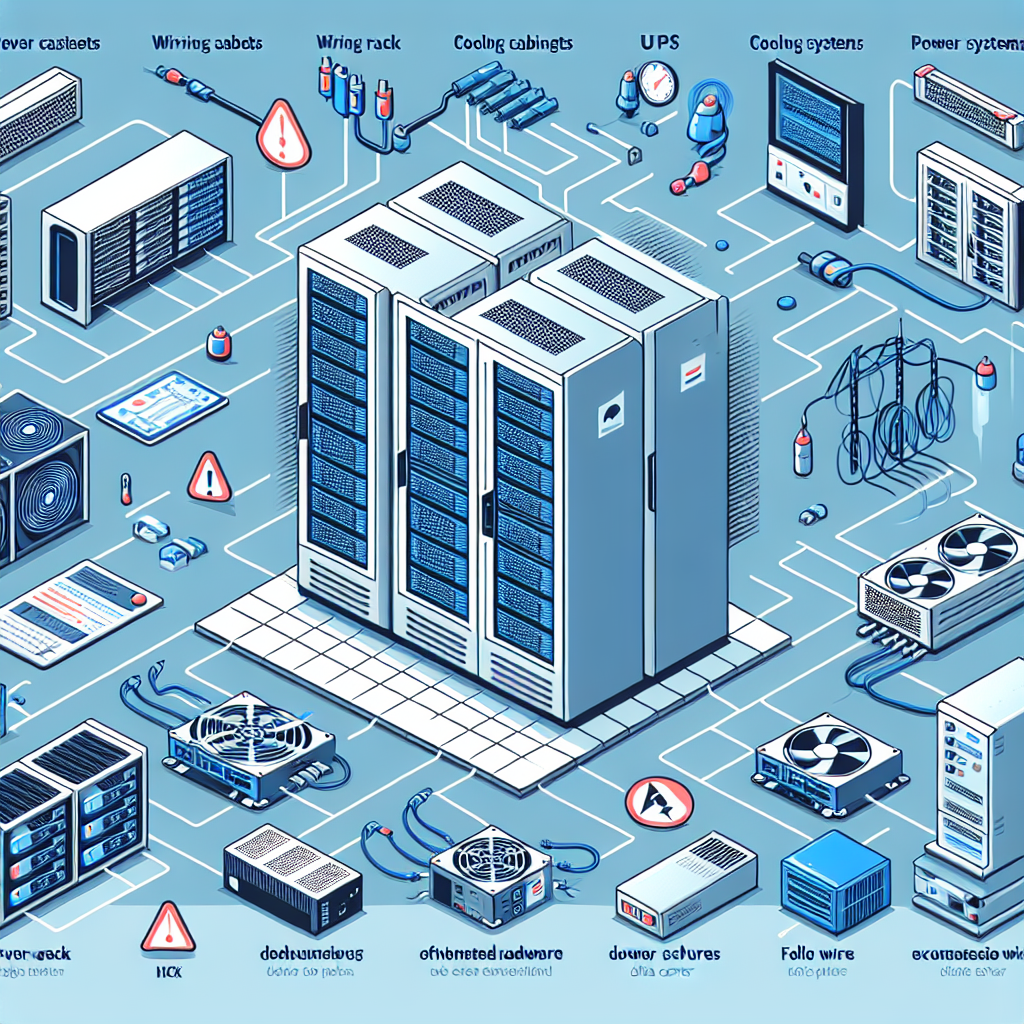Data centers are the backbone of modern businesses, housing critical IT infrastructure and data that support day-to-day operations. As such, it is essential for organizations to conduct regular risk assessments to identify potential vulnerabilities and mitigate potential threats. Here are key factors to consider in a data center risk assessment:
1. Physical Security: Physical security is one of the most critical aspects of data center risk assessment. This includes access controls, surveillance systems, intrusion detection systems, and security personnel. Assessing physical security measures can help identify gaps and weaknesses that could be exploited by intruders.
2. Environmental Controls: Data centers are sensitive environments that require precise temperature and humidity controls to ensure optimal performance of equipment. Assessing environmental controls can help identify potential risks such as overheating or water damage that could disrupt operations.
3. Power Supply: Power outages can have a devastating impact on data center operations, leading to downtime and data loss. Assessing the power supply infrastructure, including backup generators and uninterruptible power supply (UPS) systems, can help identify vulnerabilities and ensure continuity of operations in the event of a power outage.
4. Fire Protection: Fires are a significant risk in data centers due to the presence of electrical equipment and sensitive data. Assessing fire protection measures, such as fire detection systems, sprinkler systems, and fire suppression systems, can help prevent and mitigate the impact of fires on data center operations.
5. Network Security: Data centers are prime targets for cyberattacks due to the valuable information they house. Assessing network security measures, such as firewalls, intrusion detection systems, and encryption protocols, can help identify vulnerabilities and strengthen defenses against cyber threats.
6. Disaster Recovery and Business Continuity: Data centers are susceptible to a wide range of disasters, including natural disasters, human errors, and cyberattacks. Assessing disaster recovery and business continuity plans can help ensure that data center operations can be quickly restored in the event of a disaster.
7. Compliance: Data centers are subject to a myriad of regulations and industry standards, such as GDPR, HIPAA, and PCI DSS. Assessing compliance with these regulations can help ensure that data center operations are in line with legal requirements and industry best practices.
In conclusion, conducting a comprehensive risk assessment of a data center is essential for identifying potential vulnerabilities and mitigating risks that could disrupt operations. By considering key factors such as physical security, environmental controls, power supply, fire protection, network security, disaster recovery, and compliance, organizations can ensure the resilience and reliability of their data center infrastructure.


Leave a Reply